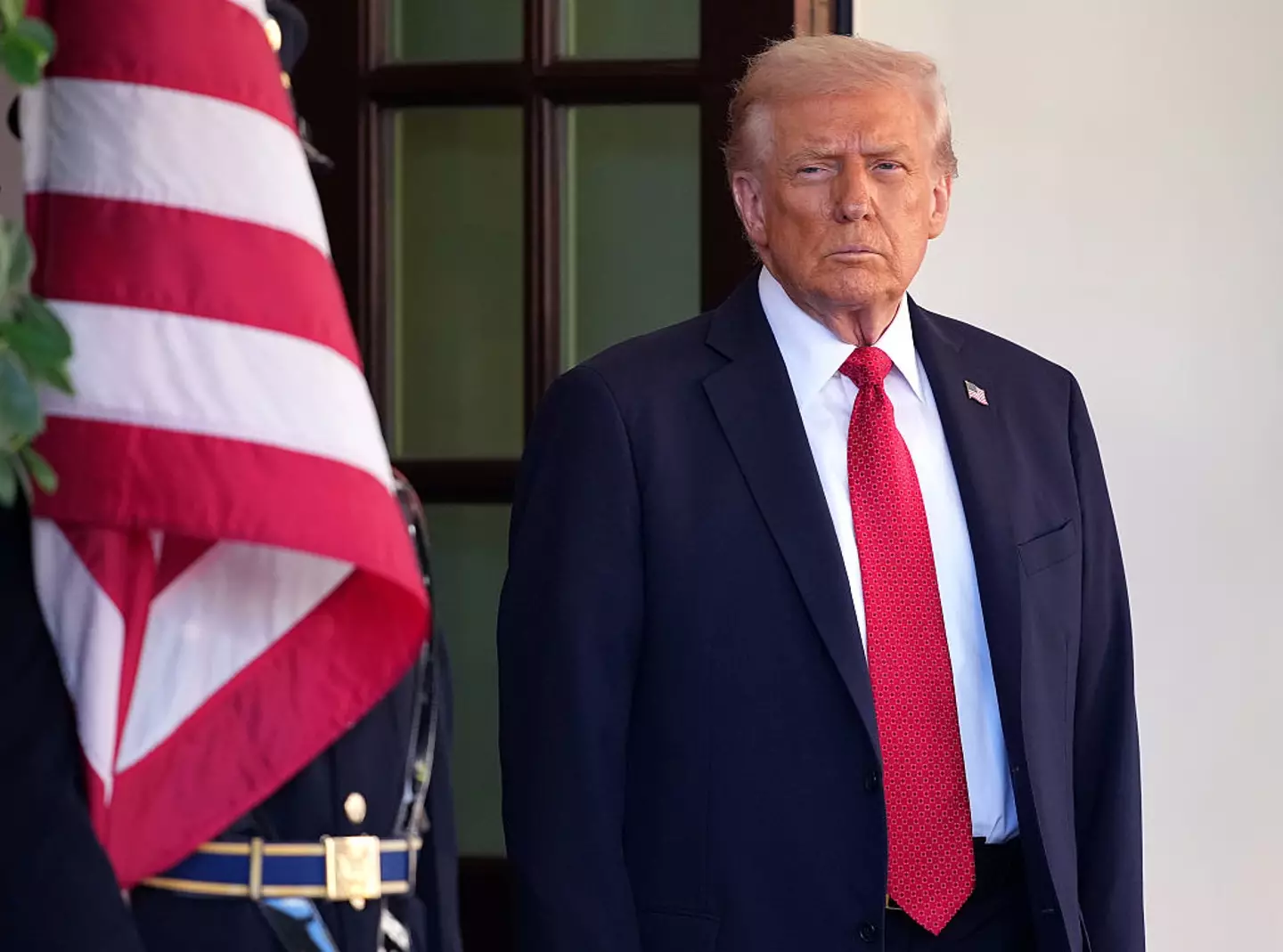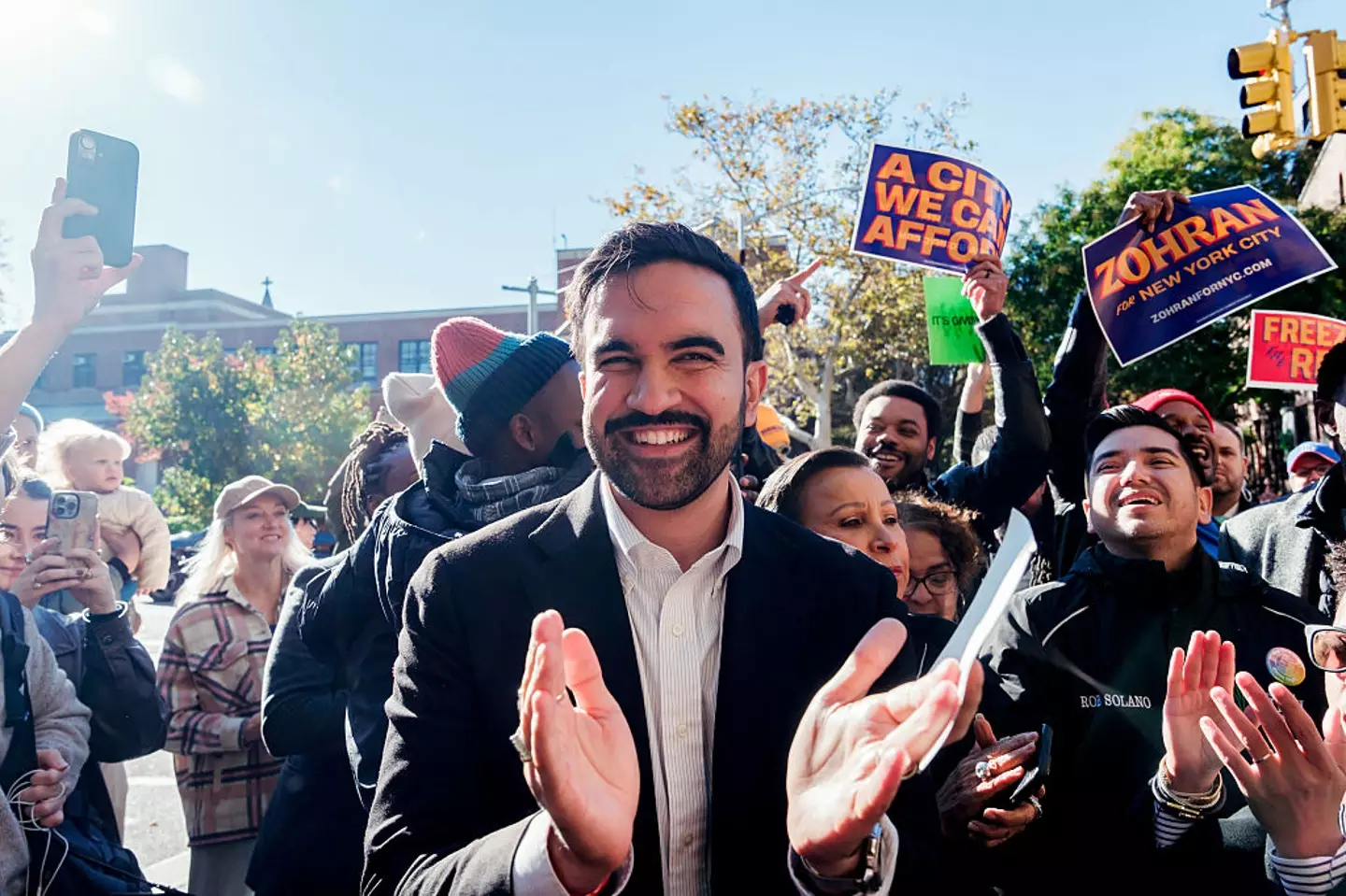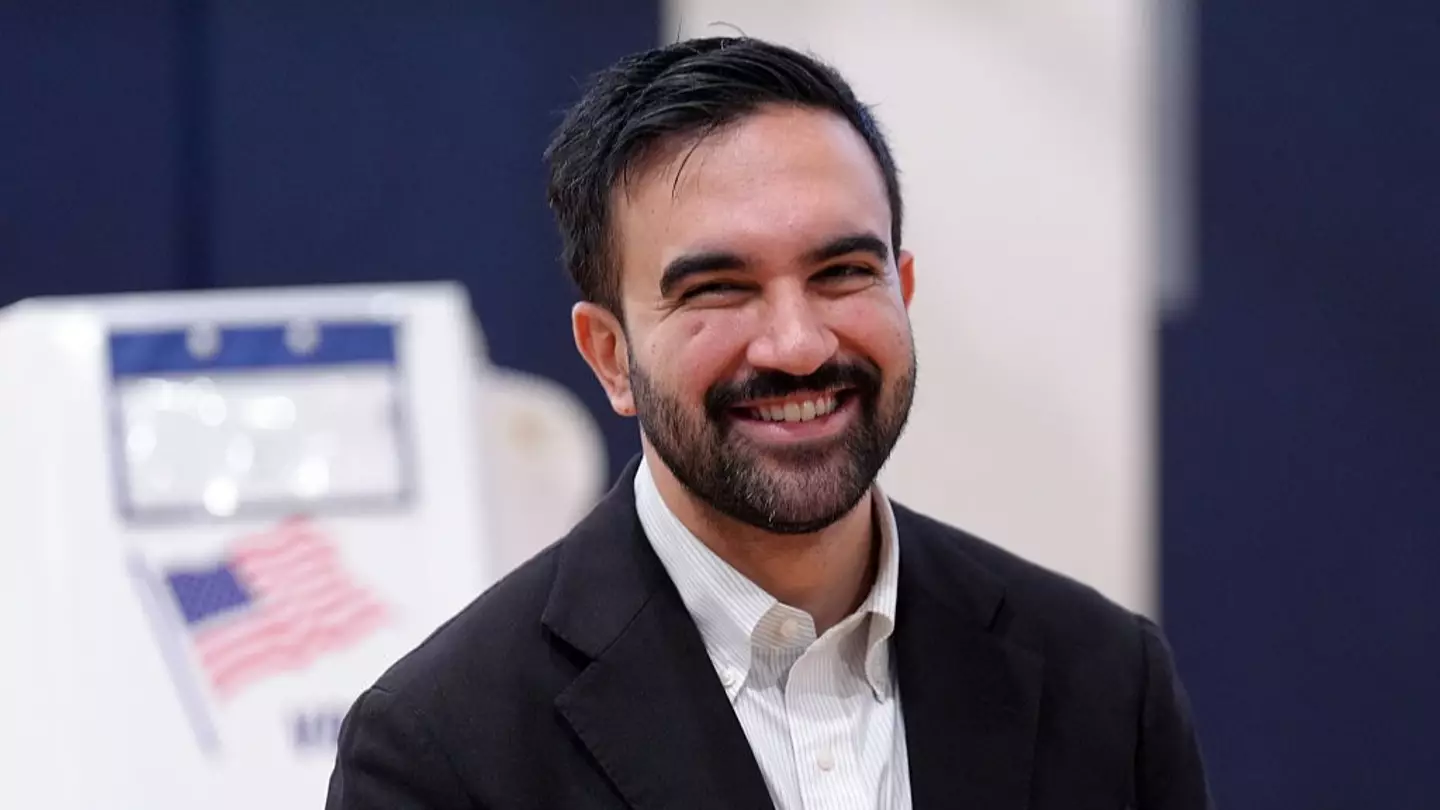An expert has explained why Donald Trump’s threat to cut federal funding to New York City following Zohran Mamdani’s mayoral win would be unlawful.
Zohran Mamdani triumphed over rivals Andrew Cuomo and Curtis Sliwa, securing 50.4% of the vote, compared to their 41.6% and 7%, respectively, according to the BBC.
At 34, Mamdani is the youngest individual to be elected as New York’s mayor in a century and is notably the first Muslim and South Asian to hold the position.
Identifying as a ‘Democrat socialist,’ Mamdani aims to make the US’s most populous city more affordable.
His policy agenda includes raising taxes on the wealthiest, increasing publicly subsidized housing, and freezing rental rates for stabilized apartments.
Before the election results, President Donald Trump threatened to withhold federal funds from New York City if Mamdani won.

Trump, who hails from the prosperous Jamaica Estates in Queens, stated he would provide only the ‘very minimum’ level of federal support to the city.
He expressed his preference for the independent candidate Cuomo, the former governor who served from 2011 to 2021 and stepped down amid numerous sexual misconduct allegations, which he denies.
The US Constitution assigns Congress, not the president, the power to determine how federal funds are distributed to states.
Currently, Republicans hold the majority in Congress, with 53 Republicans in the Senate and 220 in the House of Representatives.
Article I, Section 8 gives Congress the power to collect taxes and allocate expenditures, while Article I, Section 9 prohibits the removal of funds from the US Treasury without Congressional approval.
If a president refuses to spend money that Congress has already allocated, it’s known as ‘impoundment,’ which is unconstitutional.

To address this, the Impoundment Control Act of 1974 was established following President Nixon’s attempts to withhold funds that were approved by Congress.
The law permits the president to delay spending for up to 45 days, but requires Congress’s approval for the action, ensuring that Congress retains ultimate authority.
In an interview with Al Jazeera, constitutional lawyer Bruce Fein stated that a president cannot legally cut off funding to a state unless Congress has established specific conditions related to the use of the funds. For instance, a president cannot halt Medicaid payments simply because a governor is from an opposing political party.
If this were to occur, the affected state or organization could file a lawsuit against the federal government.
A report from the New York State Comptroller, released in April, indicates that New York City will require approximately $7.4 billion in federal funds for the 2026 financial year.
This federal funding constitutes 6.4% of the city’s overall budget, with the remainder coming from state taxes, fees, and other revenue sources.

In his victory speech, Mamdani directly addressed Trump, urging him to ‘turn up the volume’.
“We will hold bad landlords to account because the Donald Trumps of our city have grown far too comfortable taking advantage of their tenants,” he said. “We will put an end to the culture of corruption that has allowed billionaires like Trump to evade taxation and exploit tax breaks.
“We will stand alongside unions and expand labor protections because we know, just as Donald Trump does, that when working people have ironclad rights, the bosses who seek to extort them become very small indeed.
“New York will remain a city of immigrants, a city built by immigrants, powered by immigrants and as of tonight, led by an immigrant. So hear me, President Trump when I say this, to get to any of us, you will have to get through all of us.”

